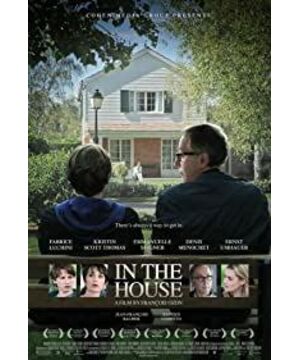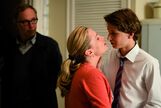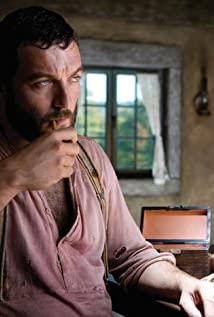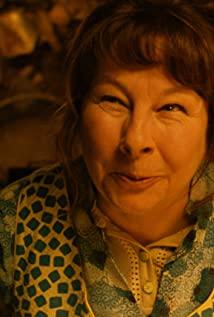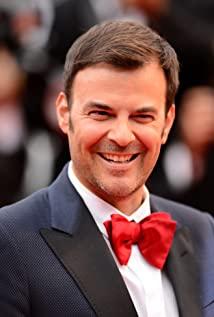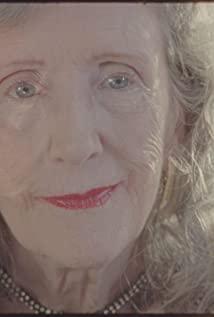Perhaps, it is Claude who is narrating, but then Gilman or part of the audience is looking forward to it. Gilman's direction fits the composition's formula, but it greatly influences the development of the story -- at least in some key moments. Claude has his inner expectations, and Gilman also has them. Their different desires are intertwined and run in each other, which promotes the development of the story.
And many places are impressive, powerful and compact.
Claude is trying to be a member of Raphael's family, quietly existing like air but having a deadly impact. It was a shock to Raphael and to middle-class women. Between a boy like Claude and Esther, they were each other's seducer and seducer, and it was the same for Raphael—two. Gilman encouraged him to take Raphael's place in the family, and he also established a different relationship with his father than the original father and son. Claude spied on them from beginning to end.
In the play, the virtual and the real are often combined, with Claude and Raphael's family story going on on the one hand, and Gilman's conversation with Claude on the other. Different plots appear in different dimensions of the same picture, which is very effective. Gilman is a bystander, watching, commenting, and influencing Claude's entrance.
Gilman says the best ending is one that surprises the reader, but has to admit that it is the best ending. In Claude's story, he does, if that's the end. He enters Gilman's home, Gilman and Jenna become the subjects of his story, a new family, a new way, and he accomplishes a new intervention -- or "destruction." As he said at the end of the movie, everyone has the opportunity to intervene in the lives of others. In fact, from the beginning of the story, Gilman and Claude intervened in each other, but at that time, Gilman did not become the main object of his story-but from the beginning, Gilman and Claude were the protagonists of the movie, It is the main object of our gaze. And that's not the end of the movie - Claude says that's not the end of his story, he says he doesn't have an end. And at the end of the film, Claude and Gilman—a man who has nothing left, sitting on a bench that can observe all the houses around them, discuss a new “intervention”—the woman. Gilman, a man who has been down and out, still can't refuse this desire to find out, just like his meaningful smile - helplessness, joy, excitement, sadness and pain, Jenna said that he A man of self-awareness - he knows the source of his pain but can't get rid of him, and Claude, the "friend" who spies with him, accompanies him.
The scene at the end is quite similar to Hitchcock's "Rear Window", in which the protagonist spy on the lives of different characters on the opposite floor, mainly one family, imagines the lives of others, and thinks that he has discovered one. Murder, after all, is nothing more than his own imagination. And at the end of "Into the House", we also saw a house where a man shot two people and we heard that scream; there was also a house where people were dancing•••••••
And throughout the movie, Crowe De and Gilman intervene in the lives of others, staring at them, and we, the spectators, are staring at their stares, watching their prying eyes. At the end, it was Claude and Gilman who were observing the house opposite, we were watching through their eyes, and slowly the camera passed them, and we became the subject of direct prying. In practice, this is precisely the case. It is easy for each of us to "intervene" in other people's lives and at the same time to be "intervened" by others. The danger is that we often forget the existence of this kind of intervention, and we forget that we are involved in it. The subject is still the object, and he has forgotten his fascination with "intervention" itself.
View more about In the House reviews


